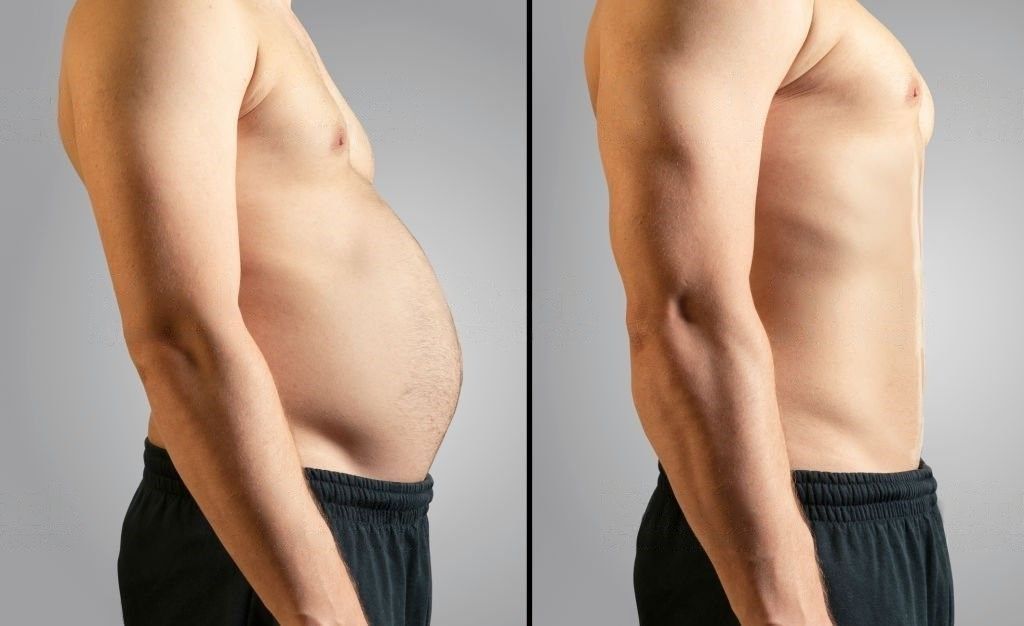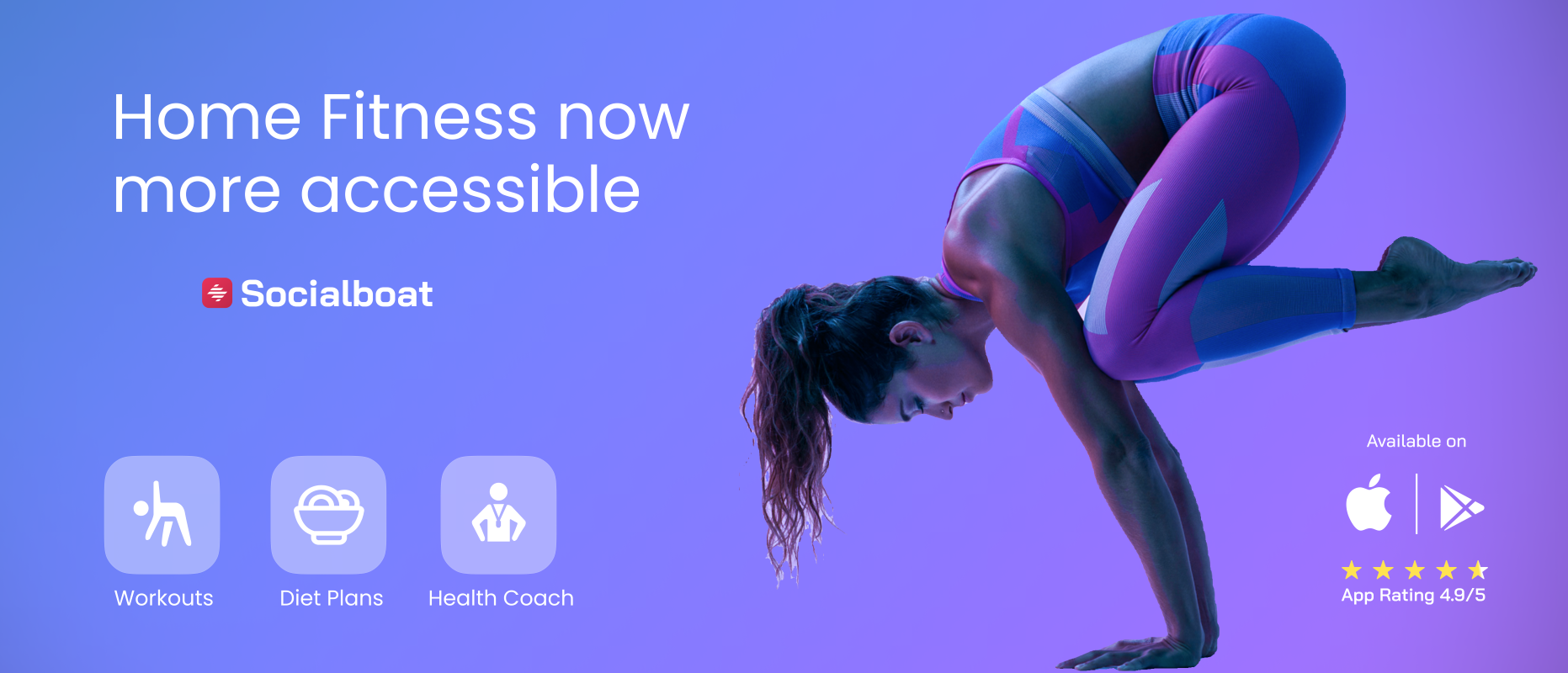Intermittent Fasting vs Keto Diet vs Low-Calorie Diet
Whenever it tends to come to calorie restriction, everyone looks for the simplest and best way to lose weight.

Whenever it tends to come to calorie restriction, everyone looks for the simplest and best way to lose weight. People are more likely to restrict their diet options down to a few. Intermittent fasting, keto diet, and low-calorie diets are at the top of the list. People today are much more motivated to lose weight and stay healthy. Low carbohydrate and sugar-free diets are far more beneficial to overall health.
Moreover, the primary issue is which diet to choose and adhere to. The health benefits of intermittent fasting, low-calorie, and keto diets are numerous. As a result, deciding on a diet plan becomes even more difficult. It has been noticed that each person's body is unique and may require a different approach to shedding body fat. Sometimes an individual will try both fasting methods before making a decision. Nevertheless, researching and taking notes on it can provide a clear picture of the methods and what they may do to your body.

INTERMITTENT FASTING
Intermittent fasting is a dieting technique that relies on complete fasting for a set period. The intermittent fasting chain is based on a cycle that requires you to restrict your calorie intake for a set period.
Intermittent fasting has several variations, the most successful of which are 5:2 and 16:8. Calorie restriction is required for both of these. Weight loss is the primary benefit of intermittent fasting.
The 16:8 intermittent fasting method requires a dieter to fast for 16 hours and then eat for 8 hours. Outside food and packaged food are also prohibited. Intermittent fasting is a method that, while not as easy to achieve, can be a little more lenient. The short-term eating window allows you to eat whatever you want.
|
BENEFITS |
DRAWBACKS |
|
Weight loss |
Fatigue |
|
Reducing blood sugar levels |
Not advisable for pregnant women |
|
Reduces inflammation |
Not advisable for people on medications |
|
Reduces LDL Cholesterol |
|
|
Reduces Triglycerides |
|
|
Improves heart health |
|
|
Slows down the aging process |
|
|
Detoxifies the body |
|

KETO DIET
The keto diet is a type of weight loss diet that focuses on calorie restriction by reducing carbohydrate intake and increasing healthy fat intake. The protein content of the diet is also significantly increased.
That is why the keto diet is known as a low-carbohydrate, high-fat diet. The carbohydrate intake is limited to less than 50 grams per day. Because of the low carbohydrate intake, glucose formation is halted, and the body shifts its focus to fat for energy.
The fats in the body begin to break down, forming ketones, which serve as an alternative fuel source. Ketosis is the name given to this metabolic process. The sooner you reach ketosis, the sooner you can start losing weight. The keto diet does not emphasize fasting or remaining hungry for a set period of time. As a result, people with medical issues can easily use it.
|
BENEFITS |
DRAWBACKS |
|
Weight loss |
Causes blood to become more acidic |
|
Improves heart health |
Causes urine to become more acidic |
|
Prevents chronic inflammation |
Vitamin and mineral deficiency |
|
Decreases symptoms of Alzheimer’s disease |
Causes little muscle loss |
|
Reduces inflammation |
Cannot be followed for a long time |
|
Improves brain health |
|
|
Prevents cancer |
|

LOW-CALORIE DIET
Calorie restriction is all about consistency and involves drastically reducing the number of calories you consume daily. Assume you used to consume 3000 calories per day and are now consuming 2500 or even 2000 calories per day.
Calorie restriction essentially means lowering your average daily calorie intake below what is typical or usual, without becoming emaciated or depriving your body of essential nutrients.
|
BENEFITS |
DRAWBACKS |
|
Weight loss |
Fatigue |
|
Prolonged life expectancy |
Weakness |
|
Lower risk of heart diseases |
Difficult to maintain |
|
Lower risk of diabetes |
|

SUMMARY
Intermittent fasting, keto, and the low-calorie diet have specific health benefits and side effects. As a result, you cannot be certain that only one will suit your body structure.
It all depends on your lifestyle and the metabolism of your body. If you have blood sugar fluctuations, you should follow the keto diet; however, if you have kidney stones, you should switch to intermittent fasting. To get a definitive answer, you must first evaluate your own body and determine which diet you can easily adapt to.
TAKE AWAY MESSAGE
The bottom line is that if you are disease-free, it makes no difference what type of dieting you follow. What matters is which diet is best for you based on your willpower and available time.
If you have a specific goal of losing weight, you can easily decide on the type of diet you want to follow in the coming days. Healthy people live longer lives. All diets have their own merits and weakness.
It should also be noted that weight loss does not happen overnight; dieting is not a quick fix. If you are still not getting the desired results after a long period, you should consult a professional.
Jayti Shah is a Clinical Nutritionist with a master's degree in Clinical Nutrition and Dietetics. She is a member of the Indian Dietetic Association (IDA). Over the last 9 years, she has helped 400 clients in their clinical and weight loss journeys. She works with SocialBoat as a nutrition consultant. We hope this article helps you to understand the difference between all three diets, their benefits and disadvantages, and which one to choose wisely.
At SocialBoat, we offer you custom diet plans and guided workouts to help you achieve your goals in a 360-degree approach. Our gamified experience ensures that you don’t find workouts boring and we reward you for being consistent with your efforts.

